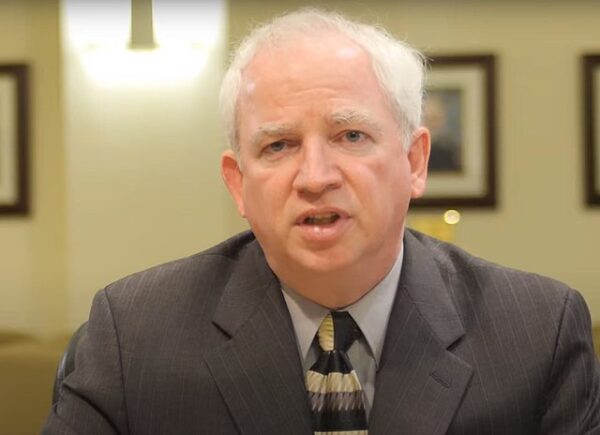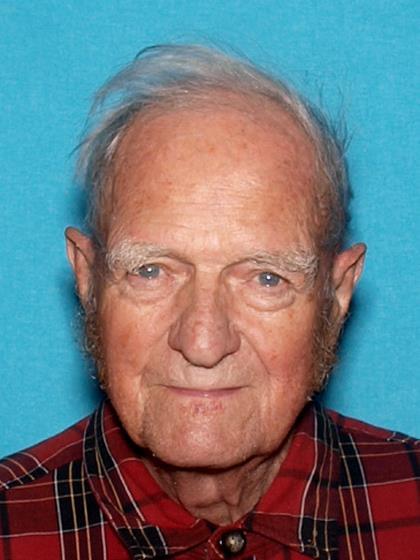A federal judge in Santa Ana Monday ruled that former Chapman University law professor John Eastman must show proof he was hired by former President Donald Trump if he wishes to continue asserting claims of attorney-client privilege regarding his emails on the university’s server.
U.S. District Judge David O. Carter set a schedule for attorneys to file written arguments regarding Eastman’s claims of attorney-client privilege that would shield some emails sought by the congressional committee investigating the Jan. 6 insurrection at the Capitol.
Attorneys for the Jan. 6 select committee filed a motion on Friday saying Eastman has not responded to multiple requests for proof that the law professor was hired by Trump in a capacity that would allow him to assert attorney-client privilege. Without that proof, the committee argues in the motion, Eastman should not be allowed to assert the privilege and prevent the committee members access to the emails from the days leading up to and after the riots.
Eastman has sued the congressional committee to block Chapman University from releasing the emails. U.S. District Judge David O. Carter last month rejected Eastman’s temporary restraining order request, clearing the way for the attorneys to go over the emails to determine what should remain secret and which ones can be sent to the committee.
“The select committee’s investigation has developed evidence that plaintiff was a central figure in efforts to overturn the 2020 presidential election, including efforts directed at state legislators throughout the post-election period and at the vice president in connection with the certification of the electoral vote on Jan. 6,” the committee’s motion said.
The committee said it has an “urgent need for resolution of the privilege issues,” which “is heightened by the fact that plaintiff has broadly claimed privileges over a vast swath of documents — many of which appear to be critical to the select committee’s investigation — contrary to governing law.”
Eastman said in court papers that he has “reviewed or excluded” 46,205 of the 94,153 pages at issue. Eastman said he has produced about 8,409 pages to the committee.
Eastman argued that the committee has failed to offer a “valid reason” for Carter to change his order last month.
“To the extent the congressional defendants’ claimed ‘urgent need for resolution of the privilege issues’ is motivated by the looming 2022 midterm election, this is not a valid reason to alert this court’s Jan. 26 order,” Eastman’s motion said.
The committee objected to attorney-client claims for 130 documents amounting to 568 pages of emails from Jan. 4-7, 2021, Carter said.
“The select committee has repeatedly noted the significance of communications immediately before and after the Jan. 6 attack on the Capitol,” Carter wrote in his ruling. “Given the investigation’s urgency, the court finds it appropriate to expedite its privilege review of the Jan. 4-7, 2021, documents.”
Eastman was ordered to file a briefing “supporting his assertions of privilege for each document between Jan. 4 and Jan. 7, 2021,” by Feb. 22.
Eastman was also ordered to file “evidence of all attorney-client and agent relationships asserted in the privilege log,” Carter said.
Eastman must also “provide evidence documenting any attorney-client relationships that existed with his clients,” Carter said.
The congressional committee will file an opposition by March 2, and Eastman can make a reply by March 7.
A hearing is scheduled for March 9.







